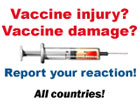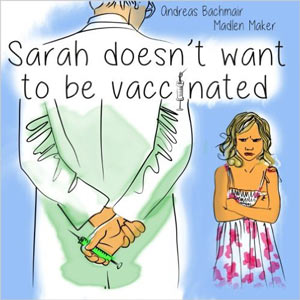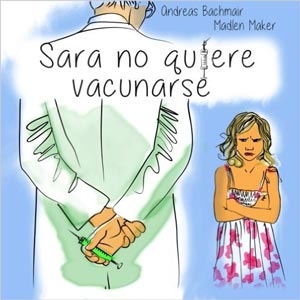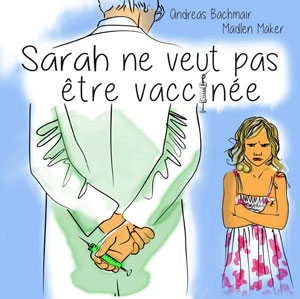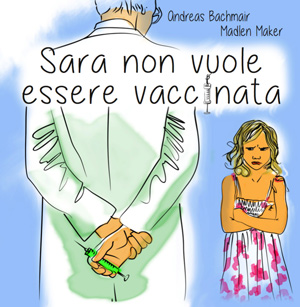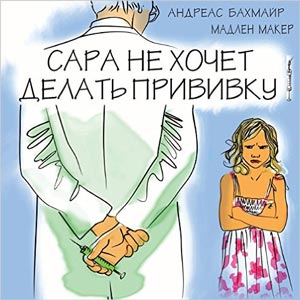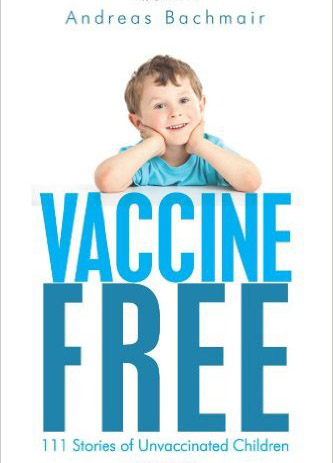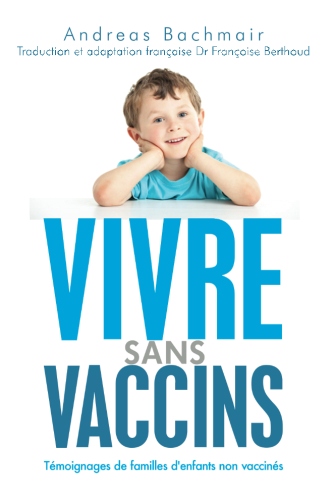Is chickenpox an underestimated Killer?
by Dr. med. Steffen Rabe (http://www.impf-info.de/Seiten/AktWipo.html)
Since July 2004, the most recent version of STIKO’s vaccination recommendation now recommends chickenpox vaccinations for all children between 11 and 14 months and also revaccinations of all older children who have not had chickenpox yet. This is a clear strategical reversal of only vaccinating risk patients (e.g. in the course of immune-suppressed diseases or therapies).
The basis for this change in strategy seems to be a trial, which was commissioned by GlaxoSmithKline (!), the manufacturer of chickenpox vaccination, which was carried out on the basis of an unusual method and produced just as unusual numbers: approx 300 doctors’ offices were called and interviewed retrospectively about cases of chickenpox (total number 1134) and from the 76 complications that were reported a complication rate of 5.7% was calculated. However, 90 of the patients included in the trial (8%) suffered from immune defects, (which would mean that theoretically the complications could have occurred only in this group...). In this context it was stated that there were 13 middle ear infections and 12 cases of bronchitis in this group, in other words all in all 25 cases (33% of the complications!) – diseases that ordinarily are not considered to be typical complications of chickenpox (which means that they probably had nothing to do with them...).
What this type of data collection does not take into account is the fact that when for instance a family has several children who have fallen ill, there is no effective individualized standard medical consultation for each child. Even though no deaths occurred during the phase that was being considered, this commission concluded that Germany should expect up to 20 deaths a year as a complication of chickenpox (Wutzler 2002).
This is in stark contrast to all prior (largely pharmaceutically independent) findings and trials on chickenpox and its complications:
- In a study on immune-competent children younger than 16 years of age conducted in 1997 ESPED (estimation unit for rare paediatric diseases in Germany) calculated a frequency rate of complications which would necessitate treatment in a hospital to be less than 1 per 100000 children per year. After-effects were found in six children, there were no deaths reported (Ziebold 2001).
- According to the German Bureau of Statistics (www.gbe-bund.de) less than six people died each year from1998 to 2002 chickenpox, less than a third of them were children younger than 15 years of age.
- This is in agreement with pediatric journals according to which chickenpox complications essentially threaten immune-compromised patients or pregnant women who are not immune or their children. For the majority of the immunologically normal population of children chickenpox generally does not entail complications.
The reasons given in favor of vaccinations that state that complications arising from chickenpox are prevented is also faulty in that despite the provable reduction in the number of diseased a number of trials were unable to prove that the number of hospital treatments of chickenpox (complications) dropped (Sewar 2002, Galil 2002, Ratner 2002). The only thing that could be proven was a drop in streptococci skin infections associated with chickenpox – the frequency of the disease, however, remained unchanged (Patel 2004).
Due to the fact that chickenpox vaccination does not provide complete protection there are frequent outbreaks of chickenpox in kindergartens and schools where the majority of children have been vaccinated (Lee 2004, Tugwell 2004, Galil 2002). On the other hand epidemiologists fear an increasing rise in the number of late cases of shingles (Herpes zoster) during adulthood as a reoccurrence of the disease when (vaccination) immunity (Goldmann 2004) dwindles.
The economic benefit postulated by the manufacturers of vaccinations (among others the number of days employees spend caring for children who have chickenpox) is based on the highly dubious numbers listed above and furthermore on the fact that the rate of children in schools who have been vaccinated is 85%. Even in the United States where all children are vaccinated against varicella this is only achieved in those states where community institutions can only be frequented when the person has been vaccinated; in other states the rate is approx. 70%.
In conclusion it can be stated that in view of non-biased knowledge of chickenpox and its risk of complication it is difficult to follow STIKO’s change in strategy away from focused vaccinations of risk patients to a generally recommended vaccination. Once again the market introduction of a vaccination and the recommendation to vaccination seem to be merely coincidental. Once again the opinion is being heard that it is necessary to declare potential conflicts of interests following medical publications, primarily those that have a guideline character like the STIKO-recommendations.
Arzneitelegramm 2004; 35; 80-81
Arzneitelegramm 2004; 35; 92-93
Galil, K: Pediatr. Infect. Dis. J 2002; 21:931-4
Galil, K: N. Engl. J. Med. 2002; 347:1909-15
Goldman, G: Vaccine 2004 (in press)
Lee, B: J. Infect. Dis. 2004; 190: 477-83
Patel, R: J. Pediatr. 2004; 144: 68 - 74
Ratner, A: Pediatr Infect. Dis. J. 2002; 21: 927-30
Seward, J. :JAMA 2002; 287: 606-11
Tugwell, B: Pediatrics 2004; 113: 455-9
Wutzler, P: Dt. Ärzteblatt, 2002; 99; A1024-9
Ziebold, C.: Pediatrics 2001; 108; E79; http://www.pediatrics.org/cgi/content/full/108/5/e79

